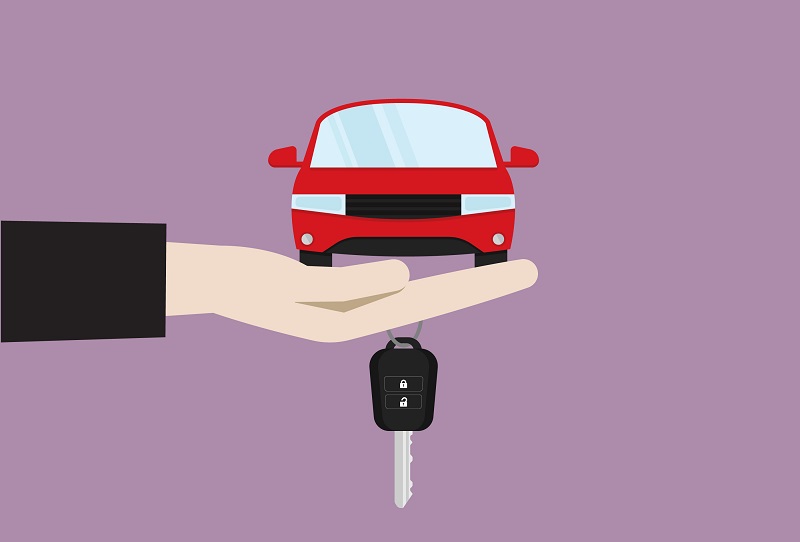Car owner vicariously liable for crash despite reporting her vehicle stolen

A car owner is vicariously liable for any damage or injury caused by the driver of their borrowed car, even if the owner places conditions on — or revokes — consent while the driver is still in possession of the vehicle, the Alberta Appeal Court has ruled.
“The leading cases are Mugford and Garrioch,” the Alberta Appeal Court wrote in its decision, released Wednesday. “Those cases confirm that the law does not recognize conditional consent. Once the owner consents to the driver having possession of the vehicle, the owner accepts the risk of what that driver might do…
“The breaching of any such conditions by the driver is not effective, in law, to revoke the consent given and displace the owner’s vicarious liability. If the driver is in an accident while in violation of one of the conditions the owner is still vicariously liable for any damage caused.”
In Mansour v Rampersad, Krista Pinksen owned a car, and her husband allowed Roger Rampersad to use the vehicle to run a few errands. Rampersad was to return the car later that day, but he never did.
Pinksen reported her vehicle stolen two days later, after attempting to contact Rampersad. The investigating police officer contacted Rampersad by telephone; Rampersad advised the officer the car was parked in the Summerside neighbourhood. The police officer, with Pinksen’s consent, told Rampersad he had until 5 a.m. the next morning to return the vehicle, failing which it would be listed as stolen in the police database.
Rampersad did not return the vehicle by 5 a.m. Pinksen reported it stolen. After the 5 a.m. deadline passed, Rampersad was in a collision with Mansour. Rampersad was charged with six offences, including theft of the vehicle.
For insurance purposes, if Rampersad was driving with Pinksen’s consent at the time of the accident, he would be covered by her insurance. If not, the claim would be answered under the Motor Vehicle Accidents Claim Act.
Pinksen asked a lower court to dismiss Mansour’s claim. She said she was not vicariously liable for the accident because, as of 5 a.m., Rampersad did not have her consent to drive the vehicle at the time of the accident. The lower court upheld Pinksen’s claim.
But the Appeal Court overturned the ruling, noting consent to possess the vehicle cannot be conditional.
“It should be noted that this deeming of vicarious liability is a matter of insurance law,” the court ruled. “The owner will be vicariously liable for damage caused even if the terms of the consent are breached.”
The court said imposing conditions on consent after possession of the car “is not legally effective” until the vehicle is returned to the possession of the owner. It gave the following example:
“Imposing a condition on the consent after possession has been turned over is no more effective than imposing a condition on the consent before possession is surrendered,” the Appeal Court observed. “The following types of conditional consent are equally ineffective:
“(a) prior to the owner delivering up possession to the driver the owner stipulates that there is no consent to drive on gravel roads, or
“(b) after the driver has departed, the owner contacts him and says: ‘By the way, I do not consent to driving on gravel roads.’
“In either event, if the driver subsequently drives on gravel roads, the owner is still vicariously liable for any resulting damage.”
It follows a condition to return the car by a certain time is equally ineffective, the court found.
“In this case Mr. Rampersad had the consent of the owner to bring the vehicle back,” the Appeal Court found. “The police officer told him, with Ms. Pinksen’s concurrence, that he had consent to possess the vehicle until 5 a.m. The consent was conditional, but violation of the condition by Mr. Rampersad keeping the vehicle longer did not have the effect of negating Ms. Pinksen’s vicarious liability.”
Feature photo courtesy of iStock.com/tommy



